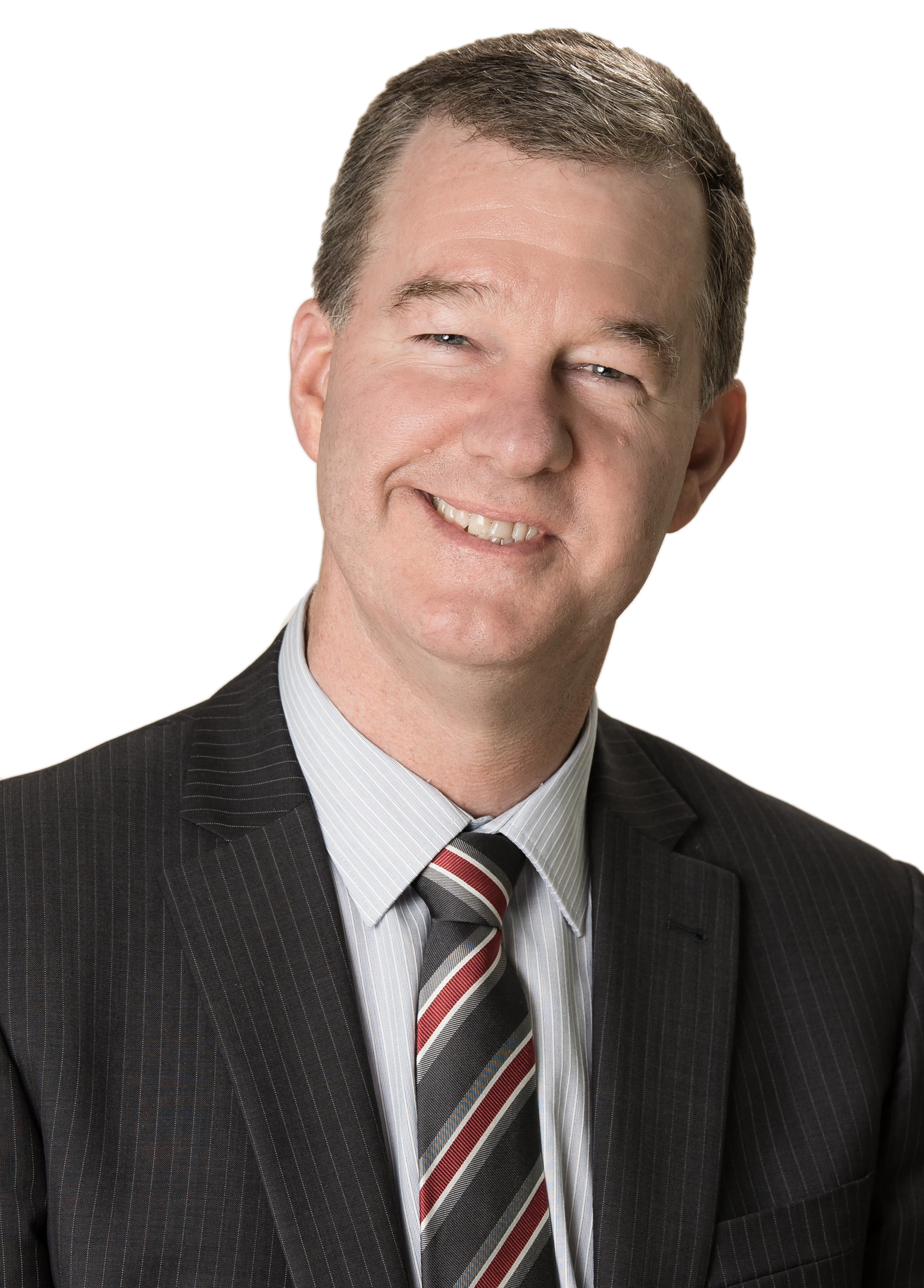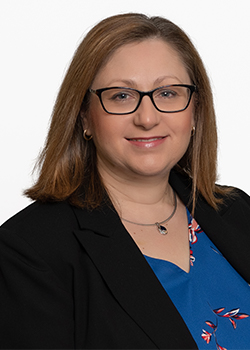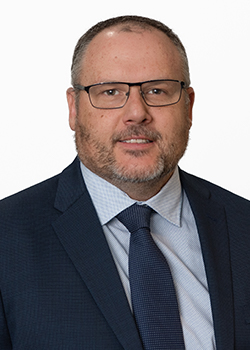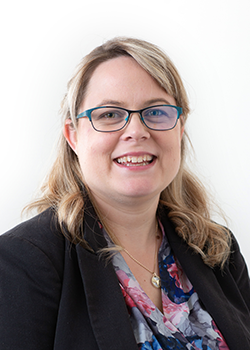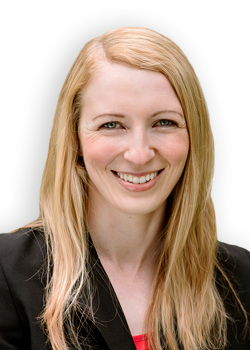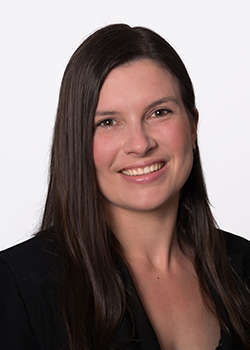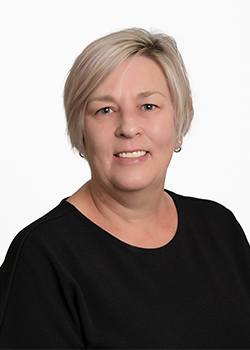Related-party property development concerns — Part 1

The ATO has flagged their concern about an increase in the number of SMSFs entering into related-party property development arrangements for subsequent disposal or leasing.
These arrangements include participating in joint ventures, entering into a partnership or investing through ungeared related unit trusts or companies.
Where property development activities comply with the superannuation legislation, then legitimate property developers should not be worried.
But care needs to be taken to ensure there are no breaches of SIS.
Regulatory concerns
The slippery slope to having to deal with the ATO quickly arises from not understanding how the SIS legislation operates, especially where some arrangements may contribute to questionable dealings that fail to meet the relevant operating standards.
As a result, a fund breaching the in-house asset rules or not meeting their record-keeping requirements can result in costly rectification action to help bring the SMSF back into compliance.
In-house asset definition
The in-house asset rules, along with all SIS rules, are in place to stop SMSF trustees from receiving a benefit from their SMSFs before they retire. And although the definition of an in-house asset appears to be straightforward, the legislation surrounding in-house assets is anything but simple.
SMSFs involved in property development ventures need to have an understanding of the in-house asset rules as well as who is a related party of the fund.
An asset becomes an IHA (under s71 SIS) when SMSF trustees either loan, invest or lease the assets of their SMSF to a related entity. A related party is any member of the fund, a standard employer-sponsor or Part 8 associate of either of these.
In broad terms, an asset of an SMSF that is used and enjoyed by a related party of the fund is generally an in-house asset.
Regardless of whether the use of that asset also contravenes the sole purpose test or not, the trustees must still ensure that the total market value of the SMSF’s in-house assets does not exceed 5 per cent of the market value of the SMSF’s total assets.
Conditions for ungeared entities
An SMSF may invest in a related company or unit trust without it becoming an in-house asset if it meets the conditions of r13.22C SIS at the time the investment is acquired and at all times while the fund holds the investment.
The conditions relevant for property development inside these entities include:
SISR Conditions Ungeared Unit Trusts & Companies Must Meet
-
SMSF has less than 5 members
-
Only assets in the unit trust are cash and property
-
The unit trust cannot borrow or give a charge over the assets of the fund
SISR 13.22C
- Related-party lease only allowed for business real property
- Related-party lease must be legally binding
- Related-party transactions must be at market value
- Must meet r13.22C at all times
SISR 13.22D
- Cannot operate a business through the trust
- All transactions must be at arm’s length
Where the fund fails to meet any of the conditions in r13.22C, a catch-22 situation arises, triggering r13.22D which states the related entity is required to meet the conditions of r13.22C at all times to be exempt from the in-house asset rules.
Not meeting the conditions of r13.22C means that all investments held by the SMSF in that related company or unit trust, including all future investments, will become in-house assets.
The asset can never be returned to its former exempted status, even if the trustee fixes the issue/s that caused the assets to cease meeting the relevant conditions.
It can be difficult, therefore, for SMSFs to meet and maintain these conditions while undertaking property development investments.
Decisions that cause the exception to cease will require the fund to divest itself of the shares or units it holds over the 5 per cent limit within 12 months.
Where the fund holds 100 per cent of the shares and the only asset in the ungeared entity is property, this may result in a fire sale of the property and winding up the unit trust or company.
Property development v carrying on a business
There is nothing in SIS which prohibits an SMSF from running a business, but the business must be:
- allowed under the trust deed and the investment strategy
- operated for the sole purpose of providing retirement benefits for fund members
Where the trustee of an SMSF carries on a business, the activities of the business should not breach the sole purpose test, and any business operated through an SMSF must comply with the investment rules and restrictions applying to SMSFs.
One of the most critical implications for classifying property development as a business is where the fund has invested in an ungeared unit trust or company.
By definition, these types of trusts are not allowed to carry on a business and r13.22D will cease to apply, with the investment losing its exemption from being an in-house asset.
How poor record keeping can bust the trust
Overlooking a legal technicality within a lease arrangement can trigger an r13.22C event that may cause the in-house asset exemption to cease to apply. In other words, failure to have a legally binding lease agreement in place with a related party can bust the trust.
Where a previous lease contract does not provide for a continuing legal relationship after the lease expires, and the trustee has not renewed the lease, the lease arrangement ceases to be legally binding.
Can it be fixed?
Under these circumstances, the fund becomes subject to the 5 per cent in-house asset rules requiring the disposal of some units.
As it is unlikely that the fund will be able to sell units to an unrelated party to reduce their investment to below the 5 per cent in-house asset threshold, selling the property to redeem the units becomes the only option.
Conclusion
The complex SMSF path to property development is paved with legislation, resulting in more onerous obligations and responsibilities for SMSF trustees.
While property continues to remain a sought-after investment within SMSFs, it is critical to keep on top of the rules to ensure that funds with property development investments continue to operate in a compliant manner.
Shelley Banton
Head of technical, ASF Audits
smsfadviser.com

